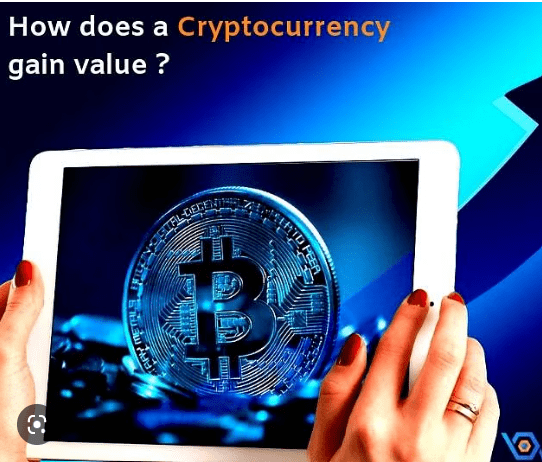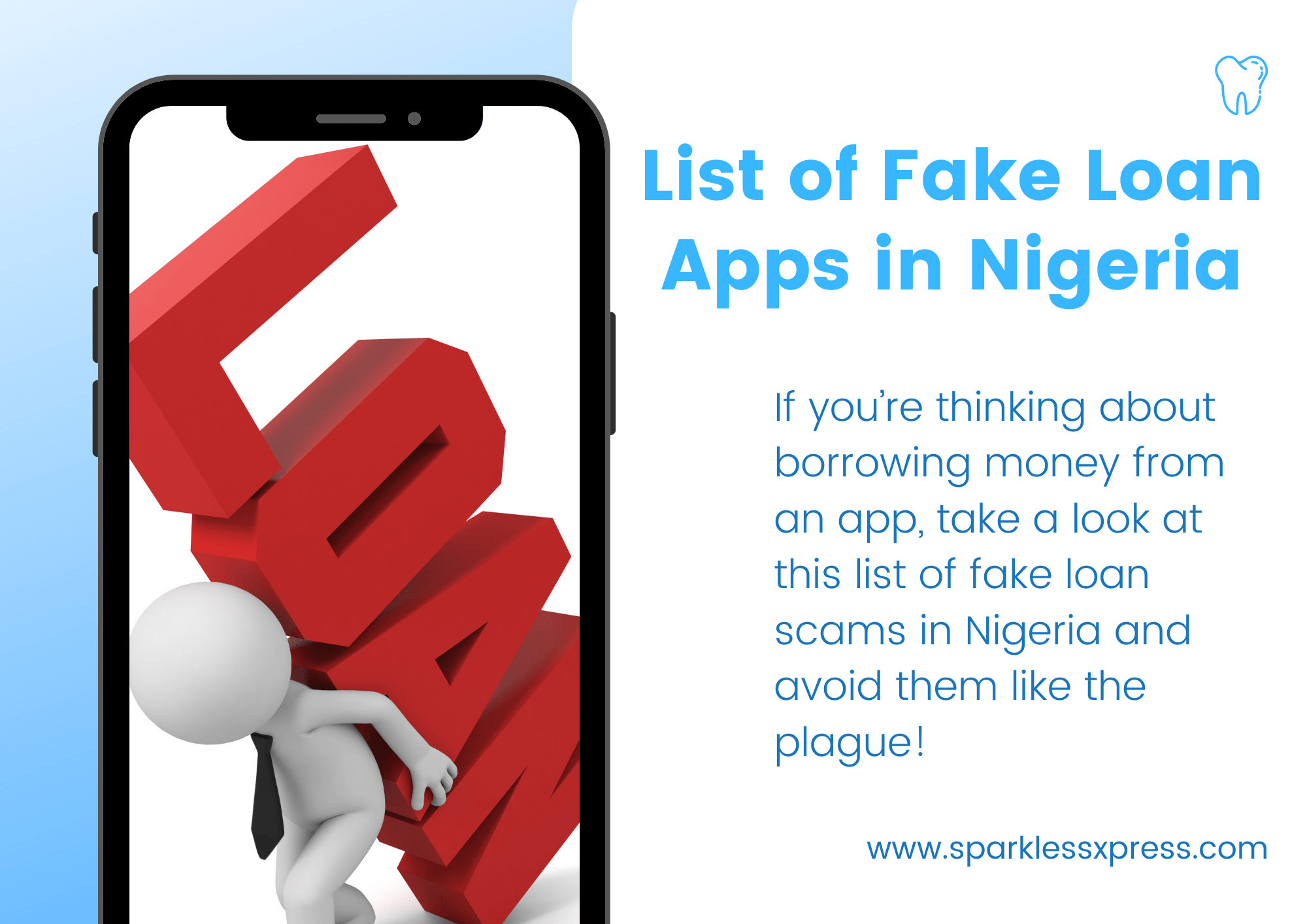Is Cryptocurrency a scam:- Are confounded about digital forms of money, such as Bitcoin and Ethereum? You’re in good company. Before you use or put resources into digital money, realize what makes it unique about cash and other installment strategies, and how to recognize digital money tricks or distinguish cryptographic money accounts that might be compromised.
- What To Know About Cryptocurrency
- Paying With Cryptocurrency
- Step-by-step instructions to Avoid Cryptocurrency Scams
- Step-by-step instructions to Report Cryptocurrency Scams
- What To Know About Cryptocurrency
What is cryptographic money?
Cryptographic money is a sort of computerized cash that by and large just exists electronically. There is no actual coin or bill except if you utilize help that permits you to trade out cryptographic money for an actual token. You as a rule trade digital currency with somebody on the web, with your telephone or PC, without utilizing a delegate like a bank. Bitcoin and Ether are notable digital currencies, however, there is a wide range of cryptographic money brands, and new ones are consistently being made.
How do individuals use digital money?
Individuals use digital money for speedy installments, to keep away from exchange expenses that normal banks charge, or because it offers a little secrecy. Others hold cryptographic money as speculation, trusting the worth goes up.
How would you get digital money?
You can purchase digital money through a web-based trade stage. Certain individuals procure digital money through an intricate interaction called “mining,” which requires progressed PC gear to settle profoundly muddled number-related puzzles.
Where and how would you store cryptographic money?
Cryptographic money is put away in a computerized wallet, which can be on the web, on your PC, or on an outside hard drive. In any case, if something unforeseen occurs – your web-based trade stage leaves the business, you send cryptographic money to some unacceptable individual, you lose the secret phrase to your computerized wallet, or your advanced wallet is taken or compromised – you’re probably going to observe that nobody can step in to assist you with recuperating your assets. What’s more, since you ordinarily move digital currency straightforwardly without a middle person like a bank, there is regularly nobody to go to if you experience an issue.
How is digital money unique to U.S. Dollars?
There are significant contrasts between cryptographic money and conventional cash.
Cryptographic money accounts are not supported by an administration. Cryptographic money accounts are not protected by an administration like U.S. dollars stored in a ledger. Assuming you store digital currency with an outsider organization, and the organization leaves the business or is hacked, the public authority does not commit to step in and assist with getting your cashback.
Digital money values change continually. The worth of a digital currency can fluctuate quickly, in any event, changing continuously. It relies upon many elements, including the organic market. A venture that is worth a large number of dollars today may be worth just hundreds tomorrow. Also, assuming the worth goes down, there’s no assurance it will go up once more.
Paying With Cryptocurrency
Assuming you’re contemplating paying with digital money, know that it’s not quite the same as paying with a charge card or other conventional installment strategies.
Digital currency installments don’t accompany legitimate assurances. Mastercards and check cards have legitimate insurance on the off chance that something turns out badly. For instance, assuming that you want to debate a buy, your charge card organization has an interaction to assist you with getting your cashback. Cryptographic forms of money commonly don’t.
Cryptographic money installments regularly are not reversible. When you pay with digital currency, you can generally possibly get your cashback on the off chance that the individual you paid sends it back. Before you purchase something with cryptographic money, know the vendor’s standing, where the merchant is found, and how to contact somebody assuming that there is an issue. Affirm these subtleties by doing some exploration before you pay.
Some data about your exchanges will probably be public. Individuals talk about digital money exchanges as unknown. However, the fact of the matter isn’t just basic. Some digital forms of money record some exchange subtleties on a public record called a “blockchain.” That’s a public rundown of each digital money exchange – both the installment and receipt sides. Contingent upon the digital currency, the data added to the blockchain can incorporate subtleties like the exchange sum and the source’s and beneficiary’s wallet addresses. A wallet address is a long series of numbers and letters connected to your computerized wallet. Even though you can utilize a phony name to enroll your computerized wallet, it’s feasible to utilize exchange and wallet data to recognize individuals engaged with a particular exchange. What’s more, when you purchase something from another merchant data about you, similar to a transportation address, that data can be utilized to recognize you later on.
Instructions to Avoid Cryptocurrency Scams
Con artists are continuously tracking down better approaches to taking your cash utilizing the digital money. The obvious indication of a trick is any individual who says you need to pay by digital currency. Indeed, anybody who advises you to pay by wire move, gift voucher, or digital currency is a trickster. Assuming you pay, it’s impossible to get that cash back. Which is the thing the tricksters are relying on. Here are some cryptographic money tricks to keep an eye out for.
Speculation and business opportunity tricks
A few organizations guarantee that you can bring in loads of cash in a brief time frame and accomplish independence from the rat race.
A few con artists advise you to pay in cryptographic money for the option to enlist others into a program. If you do, they say, you’ll get enlistment rewards paid in digital currency. The more digital currency you pay, the more cash they guarantee you’ll make. In any case, these are altogether phony guarantees and misleading certifications.
A few tricksters start with spontaneous proposals from assumed “speculation chiefs.” These con artists say they can assist you with developing your cash on the off chance that you give them the cryptographic money you’ve purchased. Yet, when you sign in to the “venture account” they opened, you’ll observe that you can’t pull out your cash except if you pay expenses.
A few con artists send spontaneous propositions for employment to assist with selecting digital currency financial backers, sell cryptographic money, my digital money, or help with changing money over to Bitcoin.
A few tricksters list trick occupations on work sites. They’ll guarantee you a task (for a charge), however, wind up taking your cash or individual data.
Search for claims like these to assist you with detecting the organizations and individuals to keep away from:
Con artists ensure that you’ll bring in cash. Assuming they guarantee you’ll create again, that is a trick. Regardless of whether there’s big-name support or tributes. (Those are effectively faked.)
Tricksters guarantee huge payouts with ensured returns. No one can ensure a set return, say, twofold your cash. Significantly less in a brief time frame.
Con artists guarantee free cash. They’ll guarantee it in real money or digital currency, yet free cash guarantees are phony all of the time.
Con artists make huge cases without subtleties or clarifications. Shrewd finance managers need to see how their speculation functions, and where their cash is going. Also, wise speculation counsels need to share that data.
Before you contribute, look at it. Research online for the name of the organization and the digital currency name, in addition to words like “survey,” “trick,” or “grievance.” See what others are talking about. What’s more, perused more about other normal venture tricks.
Extortion messages
Con artists will regularly send messages that say they have humiliating or compromising photographs, recordings, or individual data about you. Then, at that point, they take steps to disclose it except if you pay them in digital currency. Try not to make it happen. This is a shakedown and a criminal blackmail endeavor. Report it to the FBI right away.
Online media tricks
Assuming you read a tweet, message, email, or receive a message via online media that advises you to send digital currency, it’s a trick. That is valid regardless of whether the message came from somebody you know, or was posted by a superstar you follow. Their web-based media records could have been hacked. Report the trick promptly to the web-based media stage, and afterward, tell the FTC at ReportFraud.ftc.gov.
Step-by-step instructions to Report Cryptocurrency Scams
Report extortion and other dubious movements including digital currency to
the FTC at ReportFraud.ftc.gov
the Commodity Futures Trading Commission (CFTC) at CFTC.gov/objection
the U.S. Protections and Exchange Commission (SEC) at sec.gov/tcr
the digital currency trade organization you used to send the cash
Labeled with: business opportunity, digital money, contribute, occupations, trick


